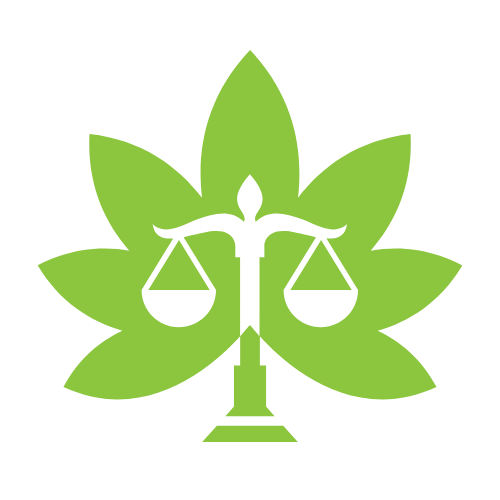Understanding legal terminology can seem daunting for those unfamiliar with the language of the law. Whether you are preparing for a legal consultation, dealing with paperwork, or simply trying to understand your rights, grasping the basics of legal language is essential. This guide aims to break down common legal terms and concepts in a straightforward manner, making it easier for beginners to navigate the legal landscape.
At its core, legal terminology is a specialized vocabulary that lawyers, judges, and legal professionals use to communicate. Many terms have specific meanings that differ from their everyday usage, which can lead to confusion. For example, the term “defendant” refers to a person accused in a legal proceeding, while “plaintiff” is the person who brings a lawsuit. Understanding these roles can help you comprehend the structure of legal cases and the dynamics involved.
One fundamental concept is the difference between civil law and criminal law. Civil law deals with disputes between individuals or entities, such as contract issues or property disputes. In these cases, the person who feels wronged may seek compensation or a specific remedy. On the other hand, criminal law involves the government prosecuting individuals accused of violating laws meant to protect society. In criminal cases, the focus is on punishing wrongdoing rather than resolving disputes between parties.
Another important term is “jurisdiction,” which refers to the authority of a court to hear a case and make decisions. Jurisdiction can depend on geographical location, the type of case, and the parties involved. For instance, state courts generally handle matters like family law and criminal cases, while federal courts deal with cases that involve federal laws or cross state lines. Understanding where a case is heard can significantly affect its outcome.
Additionally, concepts such as “torts” and “contracts” are fundamental in legal discussions. A tort is a wrongful act that causes harm to another person, resulting in legal liability. This can include actions like negligence or defamation. Contracts, conversely, are agreements between two or more parties that create legal obligations. Understanding the elements of a valid contract, such as offer, acceptance, and consideration, is crucial for anyone entering into agreements.
Terms like “discovery” and “testimony” also play significant roles in legal processes. Discovery is the pre-trial phase where both parties exchange information and gather evidence. This process helps ensure that both sides are prepared for trial. Testimony refers to the statements made by witnesses under oath during a trial or deposition. The credibility and reliability of testimony can significantly impact the case’s outcome.
Legal terminology also includes various procedural terms, such as “motion” and “appeal.” A motion is a formal request made to the court for a specific ruling or order. Parties may file motions for various reasons, including to dismiss a case or compel evidence. An appeal, on the other hand, is a request for a higher court to review the decision of a lower court. Understanding these processes can help individuals navigate the legal system more effectively.
In conclusion, familiarizing yourself with legal terminology is an important step in understanding the law and your rights. While it can be overwhelming at first, breaking down complex terms into their basic components can make them more accessible. Whether you find yourself needing legal assistance or simply want to be informed about your rights, having a grasp of fundamental legal language can empower you to engage more effectively in legal matters. As you continue your journey in understanding the law, consider seeking further resources or legal advice to deepen your knowledge and confidence.




